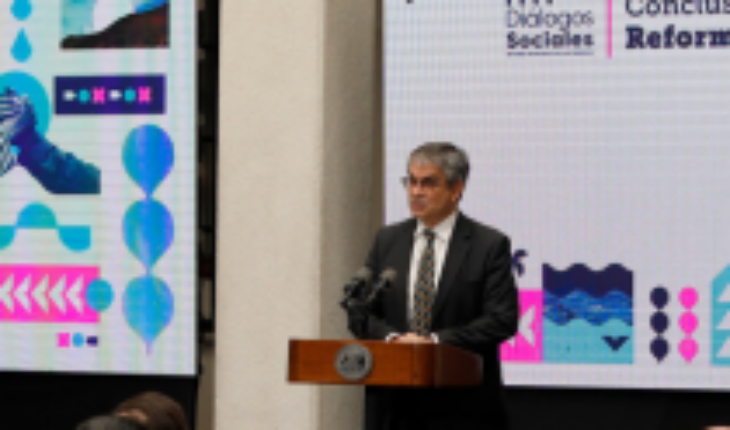During this afternoon the Government of President Gabriel Boric, entered the tax reform project to the Chamber of Deputies in order to finance its agenda by trying to collect 4.1 points of the current Gross Domestic Product (GDP).
The initiative has 260 pages that report on the main pillars of the reform: Changes to personal income taxes, the creation of a wealth tax, the disintegration of the system, restrictions on tax exemptions, measures to combat tax avoidance and evasion and modifications to the mining royalty.
You may also be interested in:
Destination of the proceeds
According to Emol, the text also reveals in which area the proceeds from the project will be allocated. “The increase in the taxation of people will be destined to the expansion of the Welfare State. Of the total projected increase, 2.9 points of GDP will be allocated to two profound reforms committed by our Administration: the pension system and the health system,” the text states.
“Another of the challenges we face as a country, and that has been aggravated by the situation of the COVID-19 pandemic, is the unequal distribution of care, especially in the case of children, the elderly and people with dependency,” he added.
In this line, the document indicates that “it is women who endure these tasks in a disproportionate and invisible way, with negative effects on their labor insertion and economic autonomy, while many people who need special care do not have access to adequate benefits. To respond to these challenges, about 0.3 points of GDP will be allocated to strengthen a new National Care System.”
The text emphasizes that about 0.4 points of GDP collected will be used for policies related to education.
“This reform will also make it possible to advance in the realization of other social rights. About 0.4 points of GDP collected will go to education policies,” he added. Along with noting that “0.7 points of GDP will be allocated to productive policies and research and development that give dynamism to our productive structure, considering that a significant percentage is decided in a decentralized manner. There will also be measures to combat the climate crisis and to contribute to an 11 equitable access to the city, such as housing and transport, and to enhance investment in culture,” the document says.
The tax reform seeks to send greater resources to the regions and their autonomy, as an aid to achieve effective fiscal decentralization.
“In short, tax reform is essential to responsibly finance other structural reforms that are still pending, and whose success depends on moving towards a more developed, just and modern country. Thus, it is expected that the tax reform will finance about half of the government program, “the text closes.
Follow us on





